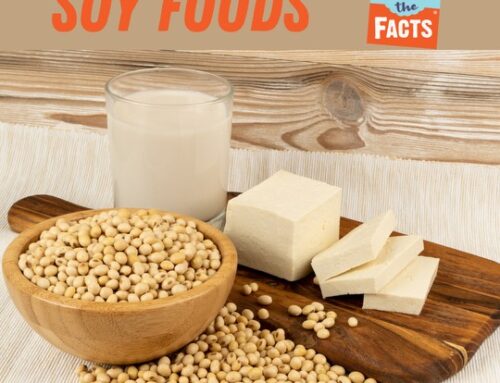 So Chipotle’s been in the news again. This time, they have taken a stance on GMO, ensuring that none of their foods contain any GMO ingredients. Do you care? I sense that their recent GMO news doesn’t endear them to many folks in Ag, and it definitely was hit with negative feedback from science and nutrition experts.
So Chipotle’s been in the news again. This time, they have taken a stance on GMO, ensuring that none of their foods contain any GMO ingredients. Do you care? I sense that their recent GMO news doesn’t endear them to many folks in Ag, and it definitely was hit with negative feedback from science and nutrition experts.
I personally boycotted the restaurant once they came up with their propaganda piece that degraded American farmers (if you haven’t viewed the comedic satire piece on it, do so here – “pure manipulation”). Their previous campaign tried to suggest that “factory farms” (a misnomer in itself) are cruel, and that Chipotle only purchases meats that have been “raised with care”. I’ve visited a few cattle farms (Dairy, Beef) and have yet to see any animal raised without utmost care.
Integrity: The Word of the Year
Is it a fast food chain’s role to decide whether your “food has integrity” or not? Gee, my immigrant grandmother would be offended if she was told the soybean-olive oil blend she used daily in cooking didn’t have “integrity” (no wait, she wouldn’t care really, she’d just give you the brushed hand).
So now in addition to defining terms such as “sustainability” and “natural” and “healthy”, you now have to know what food with “integrity” is. While Chipotle has a brilliant marketing team, their idea of food rules doesn’t sit well with me. Even though the biotechnology world almost unanimously declare GMOs as safe, Chipotle knows that the consumer has been persuaded to question GMOs, despite the scientific evidence supporting their use, safety, as well as limitations. So for the restaurant, this campaign may result in increased sales, or customer loyalty, however I don’t feel the word “integrity” belongs in the same context here since they are increasing sales by deceiving the public.
GMO Education
Worse than exploiting the term “integrity” is the food chain’s self-proclaimed role as a genetic and biotech educator. Chipotle claims there is “inconclusive” evidence on the safety of GMOs, while scientists around the world actually have evidence that they are safe, and the use of any new breakthroughs is closely regulated. The Chipotle website’s infographic is somewhat misleading, and skips some important facts.
For instance, did you know that corn oil or high fructose corn syrup have no GMO in them? While some may be manufactured with GMO corn, the processing eliminates any trace of GMO DNA (DNA is only present in the protein, there is no DNA in sugars or cooking oils because they don’t contain any protein after processing).
There are a lot of other great resources for GMO news, the Genetic Literacy Project for one. I don’t think there is any way possible for humans to live on the earth without affecting some change to the environment. I do believe that we can take steps for balanced, conservative use of our resources (food, farming, power, energy), when possible. The current drought crisis in California should be a good example of how biotechnology and the development of GMO crops that are drought resistant, may be quite beneficial to the world. The earth is evolving, and maybe we should evolve with it, using technology responsibly, as opposed to baracading its advancement.
What We Do Know
We do know that an average Chipotle Burrito contains 800-1200 calories and a load of sodium. We do know that excess calories will cause weight gain over time, and that an excessive sodium intake is not a good choice for older folks, those with kidney or heart disease. So on that front, this food chain may not be the best choice (or, enjoy it if you like by splitting the meal with a friend).
As always, I’ll conclude that moderation and balance are more important than demonizing one food or ingredient. Just when I think the madness will stop, it chugs on. Sort out the facts, and look to well-reasoned scientists to help you learn about the science behind biotech and GMOs. There’s lots to learn, but don’t get your GMO education from a restaurant chain.





You are so right to point out the irony of a restaurant chain trying to inform the public about food “integrity” when their menu features many items that fall way outside of the recommendations in the Dietary Guidelines for Americans. And has anyone looked at the integrity of what & how much they’re serving over in the bar? Robyn Flipse, MS, MA, RDN